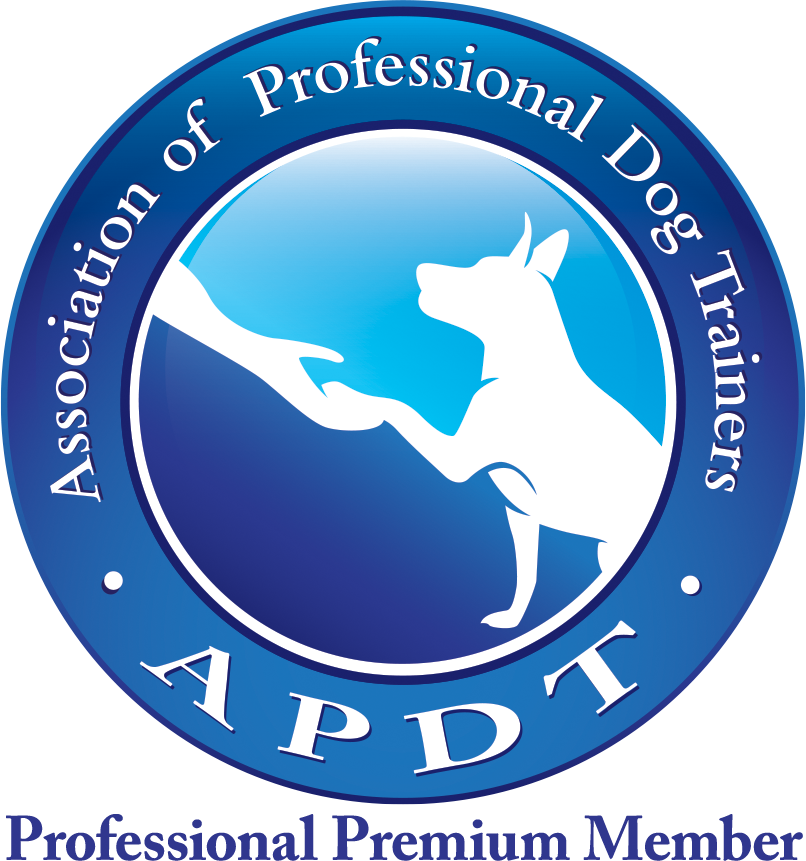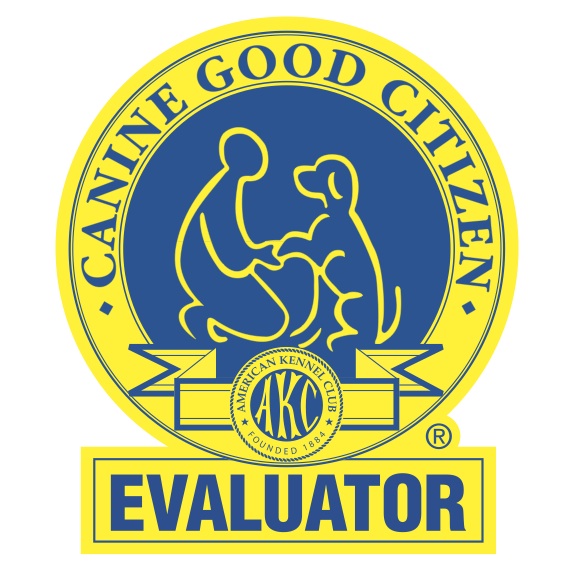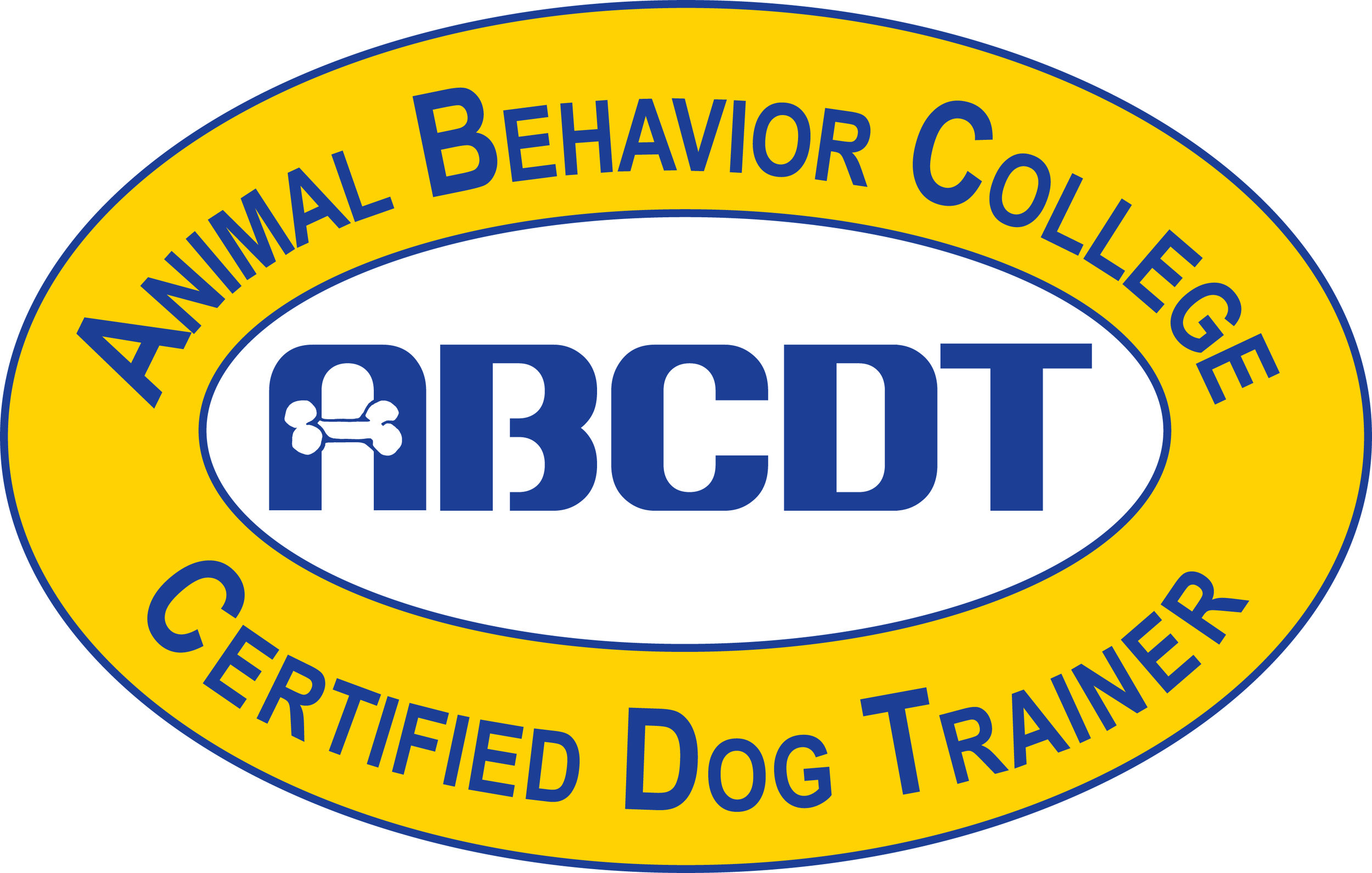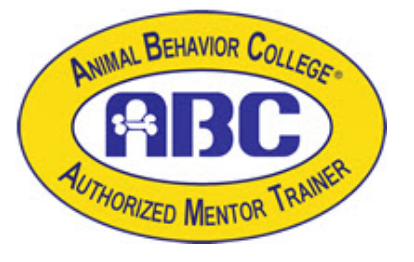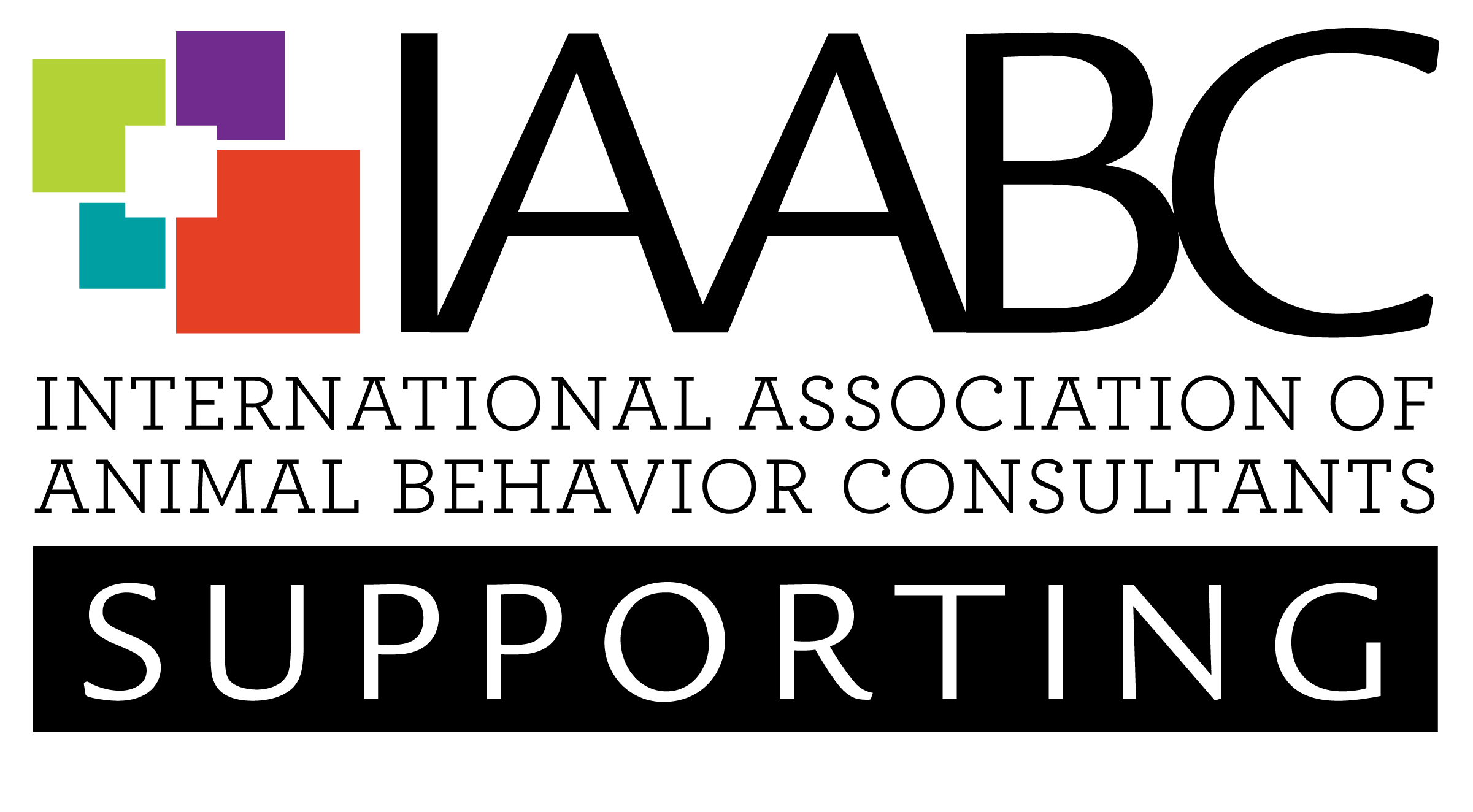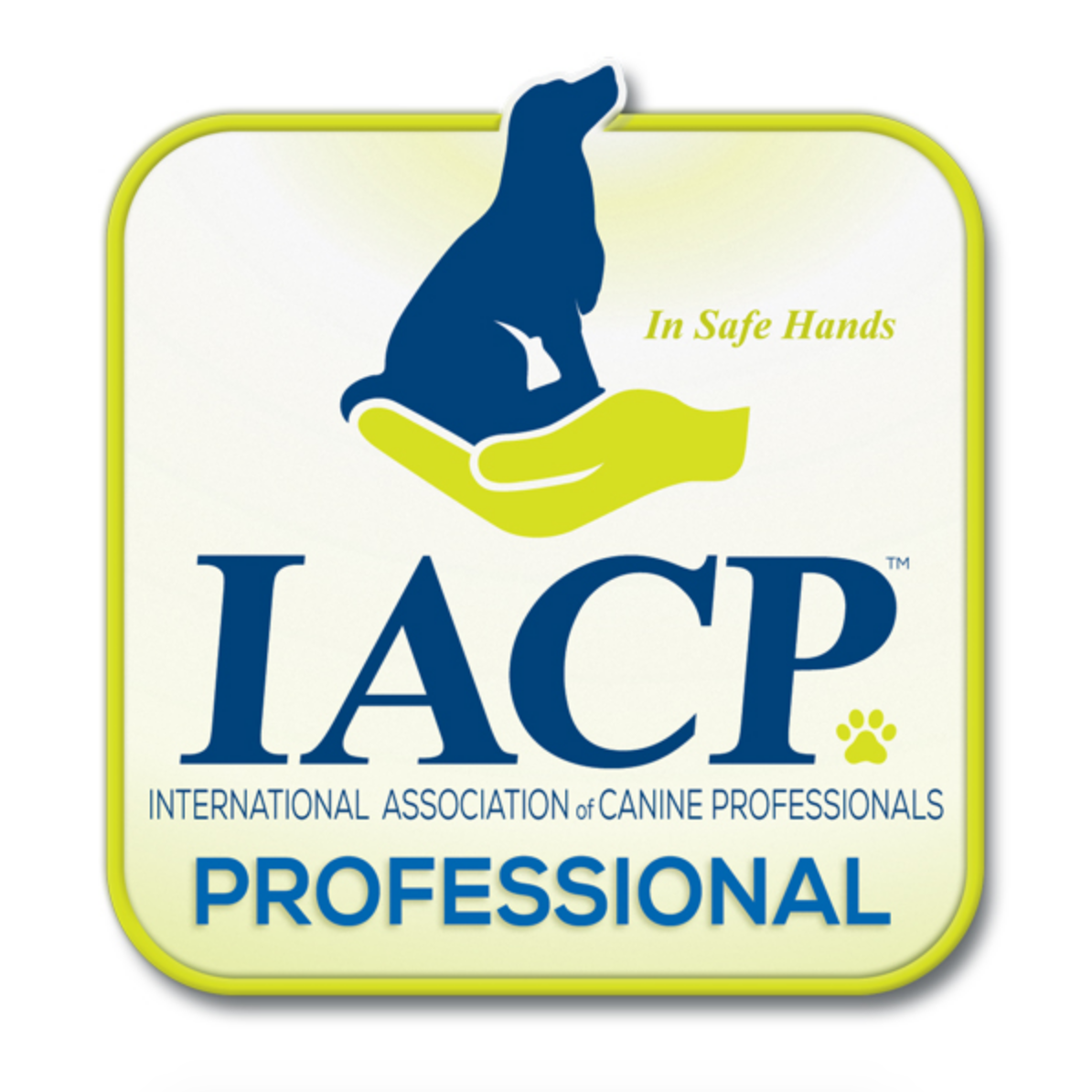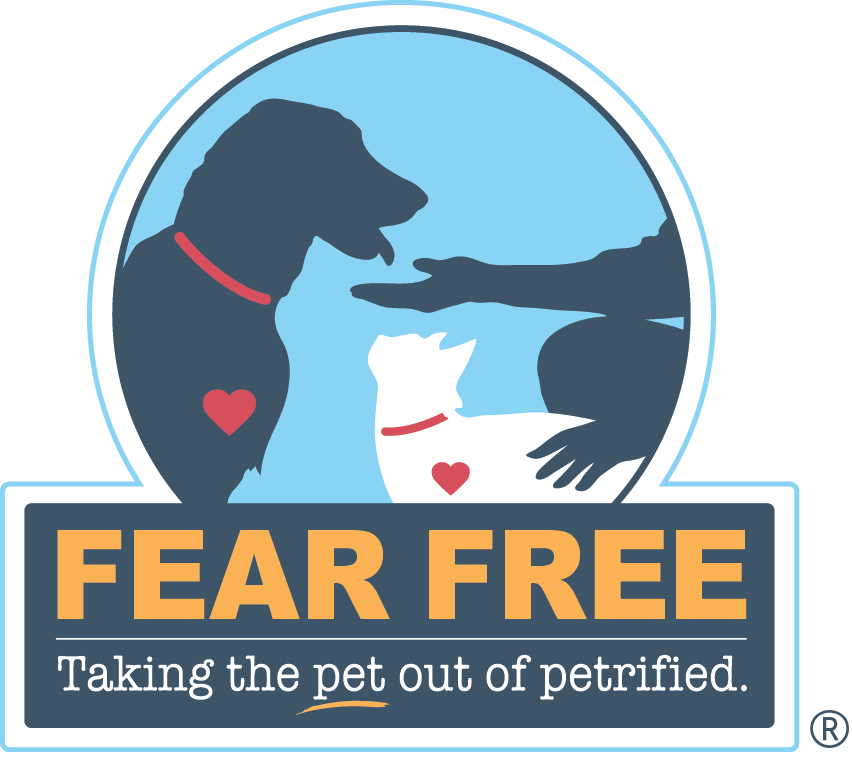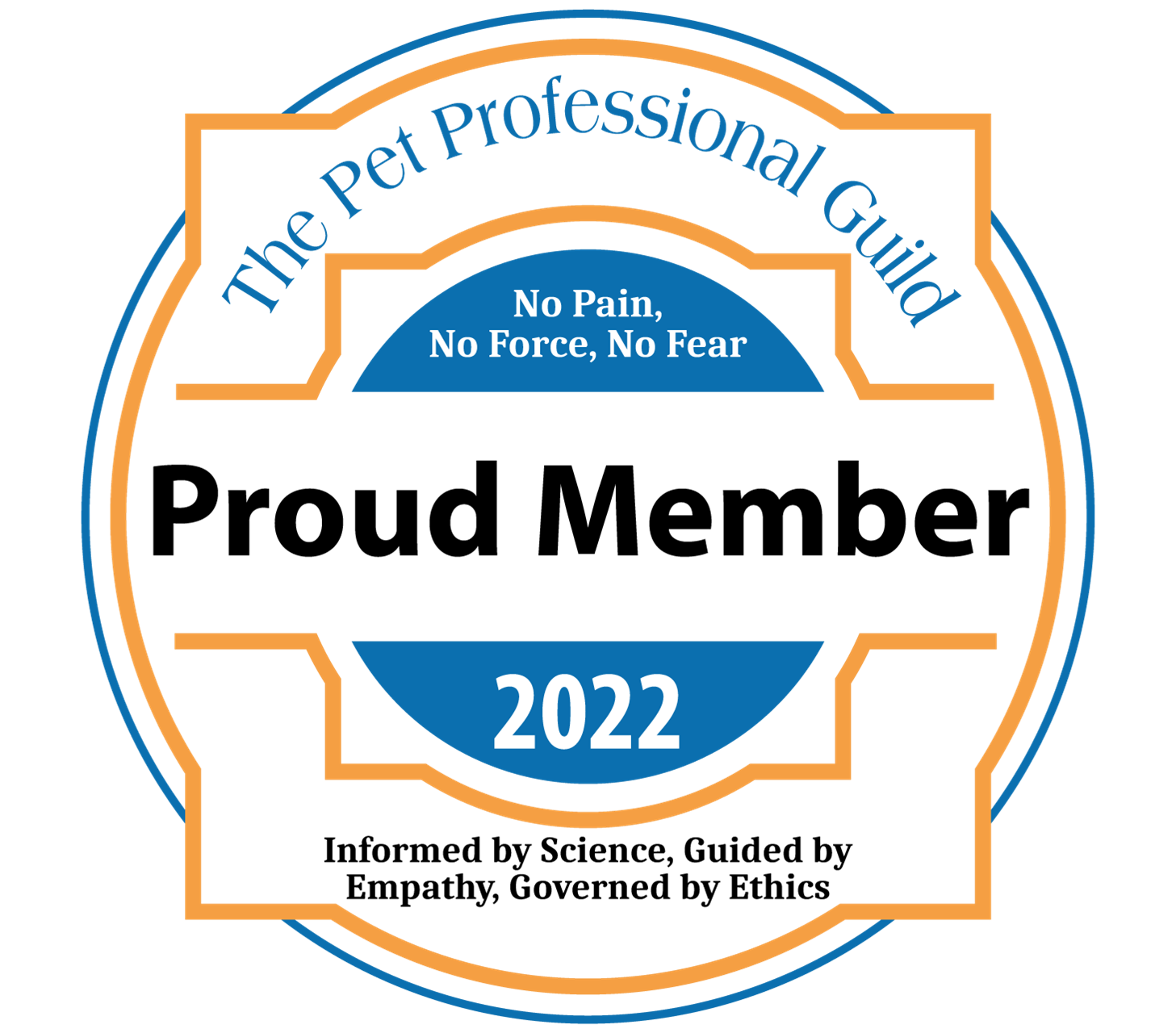The Socialization Period
/The Socialization Period
(Weeks 5 to 16)
During the first part of this stage of development puppies enter into their first fear period. We slow things down a bit with socialization and enrichment curriculum and ensure that during curriculum time puppies have adequate places where they can go to retreat from over stimulating areas. Enrichment curriculum experiences continue, however just slower with less stimulation. Feeding from Kong toys is introduced during this phase. Kong feeding has many benefits including equal food delivery and slower eating. Each piece of kibble that the puppy extracts from the toy rewards him for chewing on something appropriate to chew on and for lying down calmly and quietly. A line is tied to the Kong in order to have the ability to attach it to the side of their toddler gate to keep the Kong in place. This allows the puppy to easily lay down and enjoy their treat without it rolling off.
During week 6, weaning from their mother is completed and the puppies will have successfully been transitioned to dry kibble. The curriculum during these next few weeks of the socialization period is vast and includes items that will provide them with both physical and mental challenges. The puppies are provided with items to chew on, toys to allow them to tug toy play with their littermates and with humans, objects that they can interact with and discover how to move and carry, items that are larger then they are, items that make noise as they move, wheeled objects, objects with mirrors, unstable surfaces, falling objects, tunnels, activity cubes, objects moving above their head, water play and much more! During this time, we also expose the puppies to new humans that come in wearing various clothing such as glasses, coats, hats, scarves, and face masks. Puppies are provided with exposure to outside yard noises such as mowing the lawn and watching sprinklers. Exposure to other dogs is also included in this phase of training; large dogs, small dogs, and dogs of different color are all available to the puppies to have a safe exposure to. All of their curriculum lessons assist with developing strength, agility, coordination, and skills to function as an adult. It is critical for puppies to develop the ability to problem solve and the physical and mental skills necessary to prepare for and excel in real world activities.
Kennel training takes on a new form beginning in week 6. Puppies are now placed in a kennel to sleep in at night and once during the day. This allows another opportunity to fully clean and disinfect both the play and toddler center as well as gets them used to being in a kennel during the day. During kennel nap time and overnight sleeping, relaxing music is played for them for comfort. This also allows for an easier transition into sleeping in their new home. The puppies learn to associate relaxing music to quiet sleep time. Depending on the size of the litter, puppies are separated into 2 or 3 kennels providing some comfort from other littermates during this transition. During week 7 only two puppies in a kennel is preferred and by week 8 puppies are sleeping alone in a kennel. Week 7 also brings beginning obedience training. Puppies will begin working on leash walking skills, and will begin to learn the commands of sit, down, and wait.
Puppies get more time separated from their littermates during this period. Separating each puppy for increasingly longer periods of time teaches them independence and decreases the likelihood of separation anxiety problems later in life. A portion of the time away from littermates is spent bonding one on one with humans, getting exposure to grooming tables and tools, engaged in beginning obedience training, and on going on short car rides.
Socialization training is critical in that it reduces the number of things in the world that a puppy may be frightened of and it provides them with startle and recovery opportunities in a safe environment. Most behaviorists agree that the more often the puppy has the ability to startle and recover to sounds, sights, objects, and humans, the greater the list of things that the puppy is not afraid of grows and the less he will be bothered by it in the future.
During week 8 of this phase, placement into new homes can begin. We choose to keep our puppies in our program at least until they are 8 weeks old. In our experience with puppies, and is the belief of many behaviorists, that fear in puppies increases rapidly during the 7th week therefore, it is our belief that separating them from their littermates, leaving with strangers, being placed in a new home and exposed to new situations can be overly traumatic during this week. Research by Scott and Fuller also showed that dog to dog socialization isn’t complete until 8 weeks of age and if placed in a new home without continuing exposure to dogs, can make meeting and coexisting with new dogs a challenge.
Beginning week 9 puppies transition into the Bark to Basics Canine Obedience Center, LLC’s puppy obedience program. This program continues with the advanced puppy curriculum lessons for this developmental phase and begins to add obedience training lessons to the program. The puppy obedience program continues to work on the commands of sit, down, and wait, but also adds the commands of watch me, stay, place/bed, leave it, touch, and come.* The puppies are taught using marker training. Marker training is a simple way of dog training that communicates with the puppy what behavior is correct and desired by the handler and what behavior is not. The puppy has to make the choice to offer the behavior in order to receive a reward. The more the desired behavior is rewarded, the more the puppy will offer that behavior again for his reward. We want to teach our puppies that when they make the choice to follow our commands, we are happy and they are rewarded; it is a win-win.
Other activities:
Grooming: Beginning at five weeks of age the puppies get weekly nail trims and baths. Puppies are introduced to the grooming table, blow dryer, and the sound of clippers.
Deworming: Puppies get dewormed every two weeks until they are 12 weeks old and once a month after that. Fenbendazole is used to treat giardia, roundworms, hookworms, lungworm, whipworm, and certain types of tapeworms
Vaccinations: At six weeks of age, the puppies get their first veterinarian check up and their first DHPP vaccine may be given. Vaccination protocol is followed based on our veterinarian’s recommendation at the time of the visit.
*Please note that due to training fees, an additional charge is added to original price of the puppy for puppies started in the puppy obedience program. Additional charge is based on the number of weeks the puppy is in this program.



